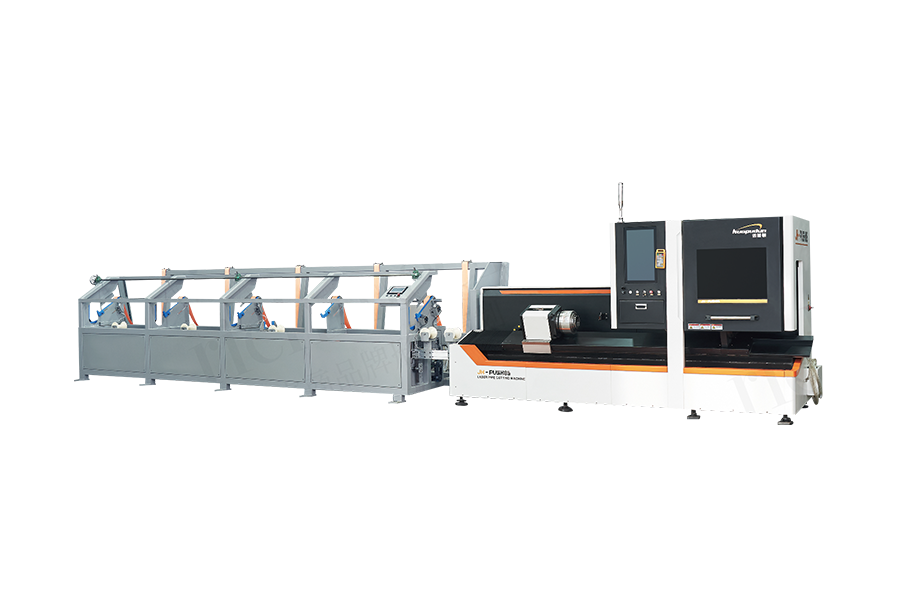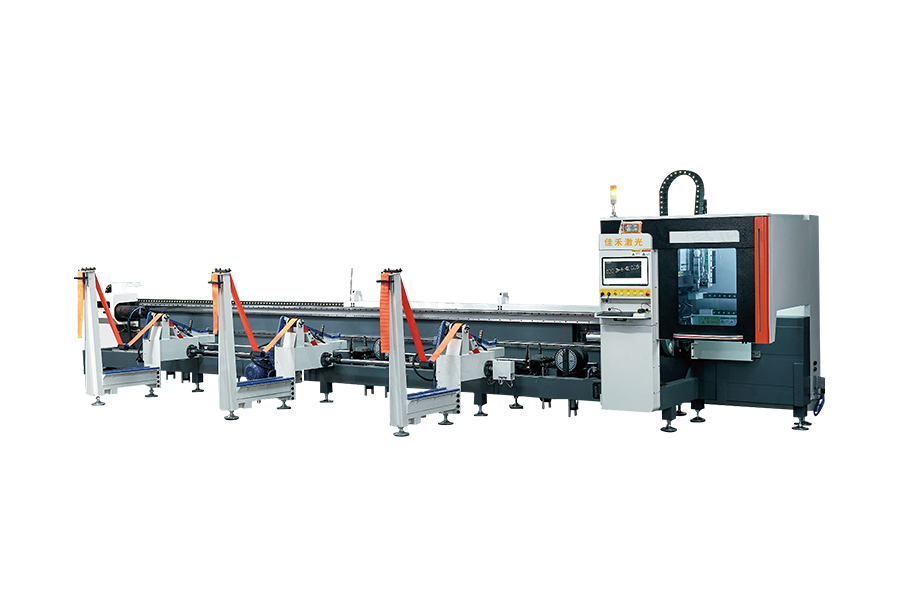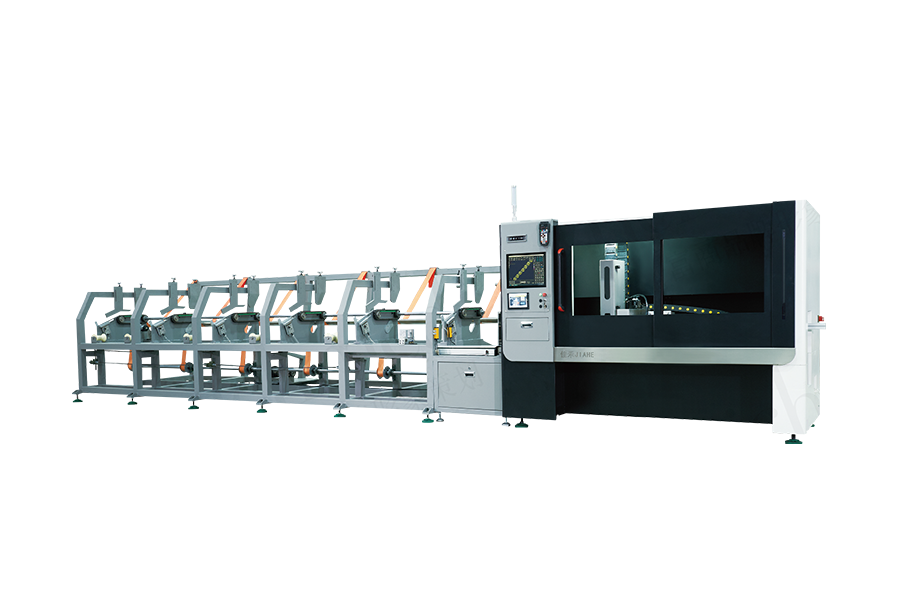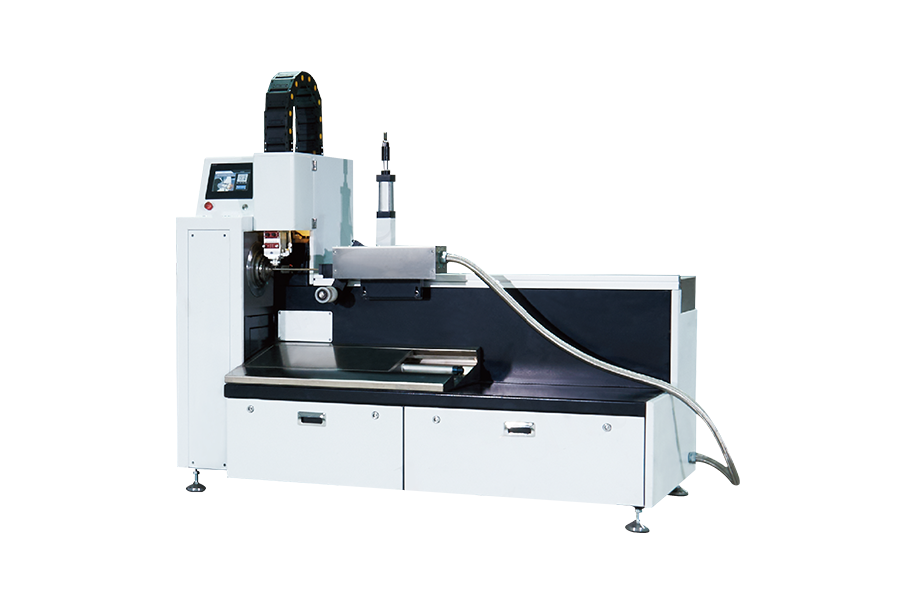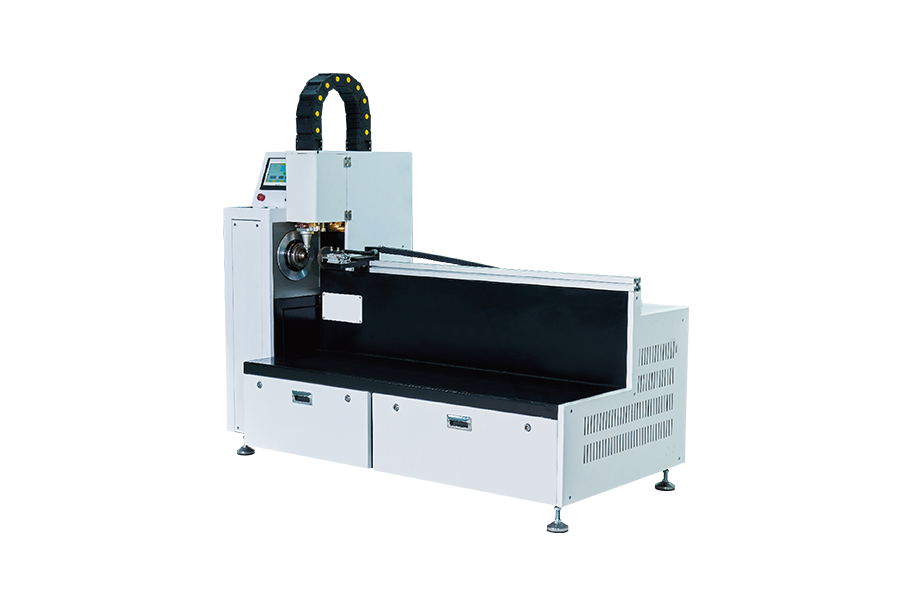Professional R&D, production, sales and after-sales integration.
We have many years of experience in R&D of automation technology and laser technology
Global manufacturing is facing a significant skilled labor shortage, leading more industries to adopt automation solutions. CNC Laser Pipe Cutting Machines are helping address this challenge by simplifying complex operations and reducing dependence on highly specialized personnel. These advanced systems allow manufacturers to maintain productivity even when experienced workers are scarce. This article examines how this technology is influencing workforce development and training approaches in modern manufacturing.
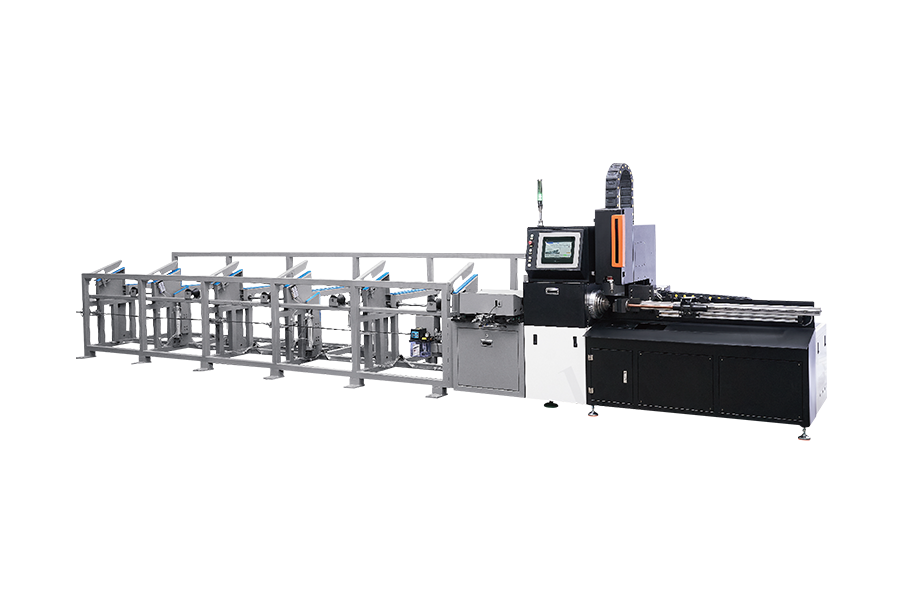
User-Friendly Automation Lowers Barriers
Modern CNC Laser Pipe Cutting Machines feature intuitive control interfaces that make them accessible to operators with basic training. Touchscreen displays, visual guides, and step-by-step prompts help new users navigate complex cutting tasks with confidence. Automated calibration and setup procedures further reduce the need for specialized knowledge, allowing manufacturers to train operators quickly and efficiently. This user-friendly approach helps companies overcome workforce gaps while maintaining high quality standards.
Creating New Upskilling Opportunities
While CNC Laser Pipe Cutting Machines automate manual cutting tasks, they also generate new roles requiring different skills. Employees can transition to positions in programming, machine maintenance, quality control, and process optimization. This shift enables workers to develop technical skills that are increasingly valuable in modern manufacturing environments. Companies that invest in retraining programs often see improved employee retention and job satisfaction, as workers appreciate opportunities for professional growth and skill development.
Enabling Remote Operation and Support
Cloud-connected CNC Laser Pipe Cutting Machines allow experienced technicians to monitor and support operations from remote locations. This capability is particularly valuable for companies with multiple facilities or those operating in areas with limited technical expertise. Remote access enables quick troubleshooting, parameter adjustments, and performance monitoring without requiring physical presence. This efficient use of human resources helps maximize the impact of available skilled workers while reducing travel costs and response times.
Practical Impact on Small and Medium Enterprises
Smaller manufacturing shops are finding that CNC Laser Pipe Cutting Machines help them compete despite workforce challenges. The technology enables limited staff to handle complex projects that would previously require specialized skills or additional hiring. With automated machines handling precision cutting tasks, existing employees can focus on value-added activities like design customization, quality assurance, and customer service. This strategic reallocation of human resources improves overall business efficiency and competitiveness.
Supporting Hybrid Human-Machine Collaboration
As manufacturing evolves, CNC Laser Pipe Cutting Machines are increasingly functioning as collaborative tools rather than mere replacements for human labor. Operators now supervise multiple machines, focusing on process optimization and quality management rather than manual cutting tasks. This hybrid approach combines human problem-solving skills with machine precision and consistency. The technology serves to augment human capabilities rather than simply replacing workers, creating more engaging and technically advanced work environments.
Adapting Training for Future Needs
Educational institutions and training programs are updating their curricula to include CNC laser operation and programming. Hands-on experience with this technology prepares students for modern manufacturing careers while helping address industry-wide skill gaps. Companies that partner with technical schools and community colleges can help shape training programs to meet specific workforce needs, creating a pipeline of qualified operators and technicians familiar with advanced manufacturing technologies.
Balancing Automation and Workforce Development
Successful implementation of CNC Laser Pipe Cutting Machines requires thoughtful workforce planning. Manufacturers must balance automation investments with appropriate training and organizational adjustments. Companies that approach automation as a tool to enhance human capabilities rather than simply reduce labor costs typically achieve better long-term results. This balanced approach supports sustainable growth while addressing practical workforce challenges.

 English
English 中文简体
中文简体 русский
русский